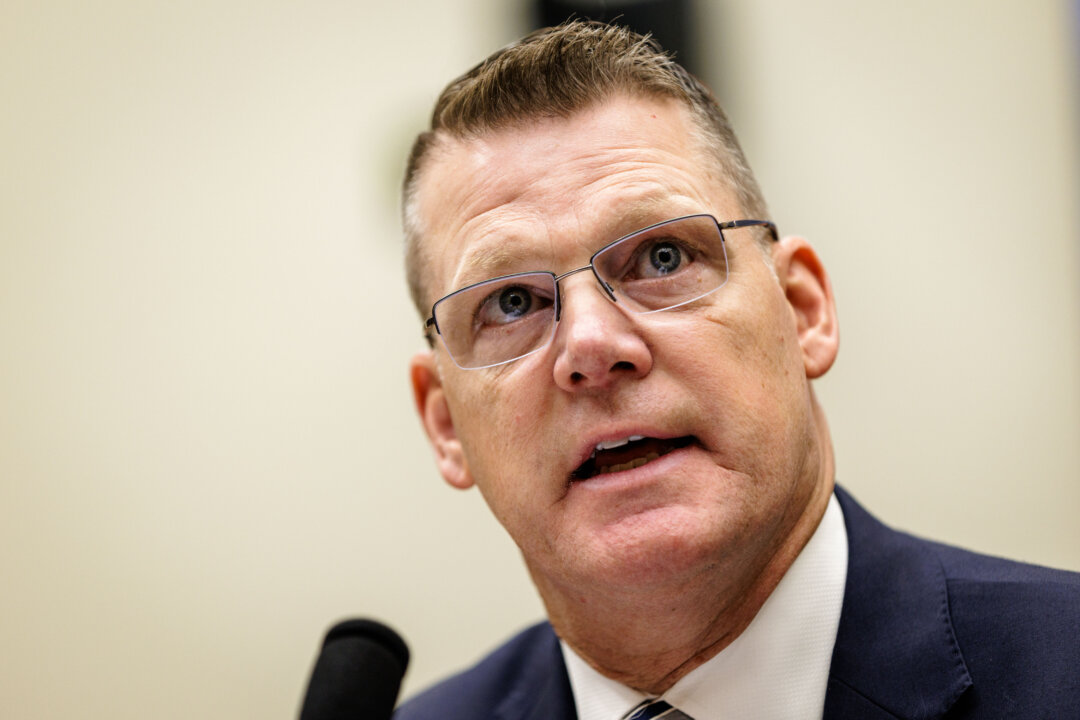Acting Director Ronald Rowe said the agency has enacted multiple changes since the assassination attempts.
The U.S. Secret Service has been revamped since two attempts were made on President-elect Donald Trump’s life, the agency’s acting director, Ronald Rowe Jr., told lawmakers on Dec. 5.
Rowe said that the Secret Service has been “reorganizing and reimagining” how it does things after one man shot at Trump in Bulter, Pennsylvania, in July and another allegedly plotted to assassinate him in Florida in September.
“One of the organizational changes: I’ve directed the Office of Protective Operations to initiate and stand up almost an auditing capability to regularly send out folks to evaluate how we’re doing, and also share findings with our office of training,” Rowe told the U.S. House of Representatives Task Force on the Attempted Assassination of Donald J. Trump in Washington.
Another change mentioned was the creation of a leadership development program, which is partially aimed at identifying potential leaders outside the agency to take top posts within the service.
An internal review of the incident in Butler found that the Secret Service failed to adequately cooperate with local law enforcement personnel, including stationing its agents in a different room from the county’s command post. Communication gaps stemmed from using multiple radio channels and mobile devices, according to the review.
By the time Thomas Crooks was shot dead by a Secret Service countersniper, he had fired eight shots, including one that struck Trump’s right ear.
In September, Ryan Routh was arrested after allegedly lying in wait with a gun at a golf course where Trump was playing.
Lawmakers on the task force repeatedly questioned Rowe over the Secret Service’s methods, including its reliance on text messages, emails, and even written messages instead of more modern communication tools. Rowe said the agency was working on communication upgrades.
Rep. Jason Crow (D-Colo.), the top Democrat on the panel, asked Rowe why “nobody said anything” even as a cascade of failures built up in Butler. Rowe, who has been with the agency for decades, said the service’s culture used to emphasize speaking up when someone saw something. “I don’t know where we lost that,” he said.
Rowe said the service needed to complete a “retraining” or “reeducation” of its agents because they “have to get back to that.”
Rowe has said that agents and officials found at fault in the internal review would be disciplined, although the agency has declined to release specific details.
He said on Thursday that the service was not having trouble recruiting. The agency made a net gain of about 200 agents in fiscal year 2024, which ended in the fall.

